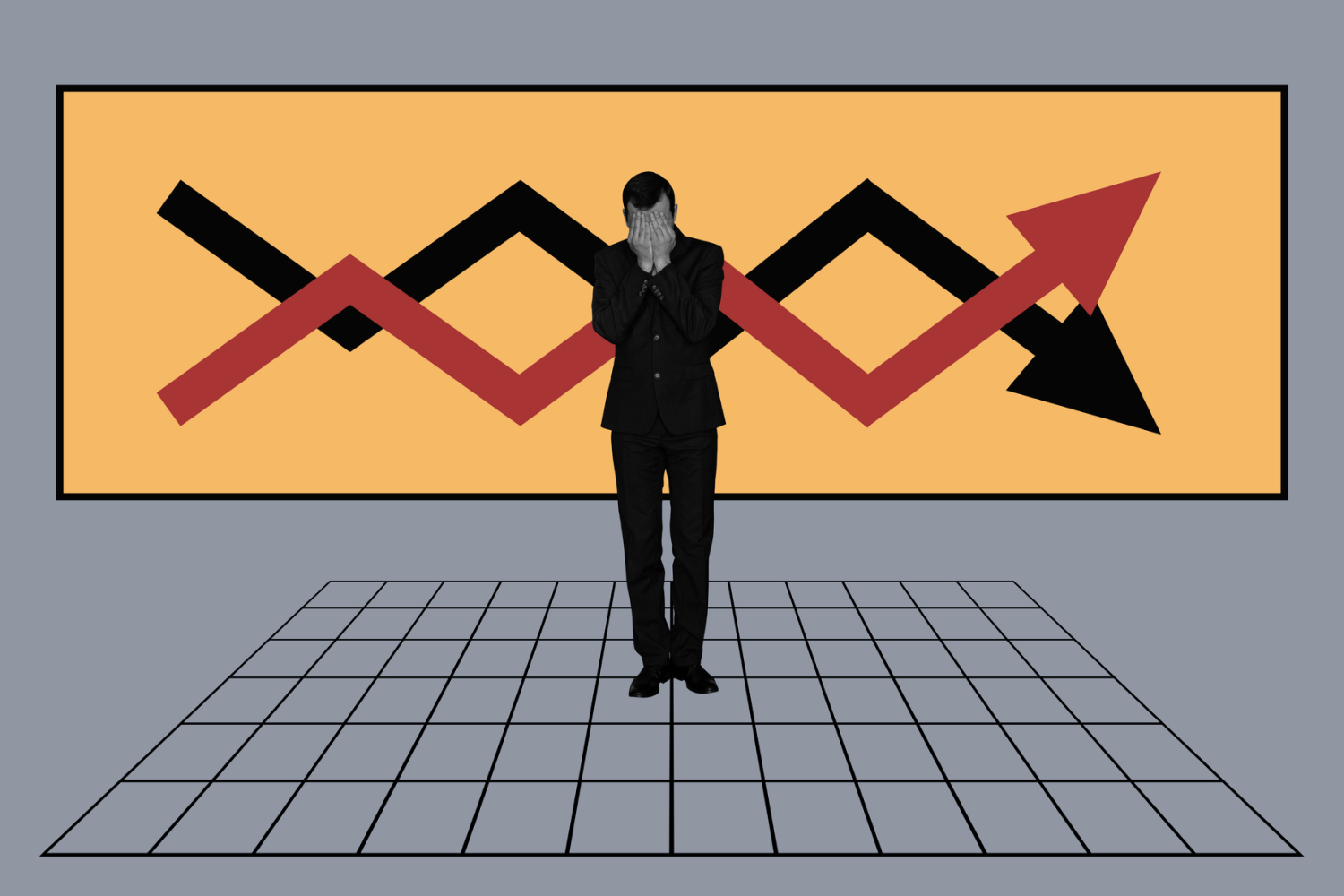Three Ways the Impending Recession May Impact Your Position in the Job Market

Between mass layoffs in the tech sector, rising interest rates and stubbornly high inflation, talks of a recession are everywhere. Economists say that the impending recession will have an impact on the job market in the form of reduced hours, longer job hunts and layoffs. The good news? The existing tightness in Canada’s labour market may result in fewer job losses than previous downturns.
Royal Bank of Canada economists said in October that Canada’s job market is the tightest it’s been in decades, but expect that a moderate recession will hit the first quarter of 2023. This will likely push the unemployment rate close to seven per cent by the end of next year, up from 5.2 per cent currently. “An excess of job openings and a scarcity of workers will protect against a major spike in unemployment in the very near-term,” RBC said.
So what does this all mean for you and your career? We break down how the recession could impact you if you’re job-hunting, looking for a raise or considering starting your own business.
If you’re looking for a job
The job market is heading into the potential recession in a good position, says Brendon Bernard, senior economist at the Indeed Hiring Lab. Bernard highlights the current low unemployment rate and still-high job posting levels. The Bank of Canada’s most recent business outlook survey found that while businesses do anticipate a recession, the majority have no plans to slow their hiring just yet.
Bernard says Indeed’s own data shows job postings remain 60 per cent above pre-pandemic levels as recently as mid-October. Postings in the tech, manufacturing and construction sectors—areas of the economy that are particularly sensitive to either interest rates or the broader economic outlook—have cooled slightly, but are still “quite elevated,” he says. Indeed found hiring for higher-wage occupations are slowing, but lower- and mid-paying job postings, like driving and food services, have seen modest increases. While mass layoffs in the tech sector have made headlines, Bernard said job losses haven’t yet hit the broader economy.
Speaking of layoffs, Jim Stanford, economist and director of the Centre for Future Work, says even though he’s worried about a “painful, long recession,” employers might think twice about immediate job cuts. “In the past, employers would have cut back employment as quickly as they saw sales declining in an effort to streamline costs and preserve profits,” he says. “But they might be worried, and with good reason, that it will be hard to re-hire those people [as the economy rebounds]. You may see more willingness to preserve workforces.”
But that doesn’t mean things haven’t changed. In a recent briefing, RBC economists said that in the near-term, we can expect job-seekers to experience longer search times when looking for a new gig, and for hourly workers to potentially face a reduction in hours.
If you’re looking for a raise or promotion
One of the things that will make this recession more challenging for people seeking a raise is inflation. Stanford says we are entering a recession during a time where the cost of goods is increasing, and wages haven’t caught up. Statistics Canada reported average hourly wages were 5.6 per cent higher year-over-year in October, but record-high inflation has eaten into those gains. “Since inflation took off after lockdowns, wages have grown much slower than prices,” Stanford says.
He says that while unions with more bargaining power have had some luck negotiating wage increases into collective agreements, he’s skeptical individual employees will have success asking for raises as their employers face an economic slowdown.
Canadians looking to change jobs to improve their pay or advance in their career currently have plenty of opportunities, but Bernard says it’s “a bit of a riskier proposition” today than six months or a year ago. Then, job-hopping was one of the best ways to get a big boost in pay. Now, the stakes are higher.
“If things do turn south in the economy, those newly hired workers might be more vulnerable to getting let go,” he says. “Job seekers who are currently employed, but looking for another job, [are] in a bit of a tough situation if they aren’t getting the pay increases at their existing employer that they hoped for.”
If you’re starting your own business
The ranks of self-employed Canadians have grown by roughly 36,000 in the past year to reach 2,646,000 as of October, according to Statistics Canada. Dave Valliere, a professor of entrepreneurship and business strategy at Toronto Metropolitan University’s Ted Rogers School of Management, says even during recessionary times it’s “never a bad time to start a business.” He adds that it has become easier than ever for budding entrepreneurs to set up online stores and target their ideal customers through tech platforms.
However, the economic climate impacts what type of businesses will thrive. During recessions, it’s a good time to “provide things that are needs, not wants,” he says. Though he notes luxury goods, like brand-name clothing and accessories, tend to fall out of favour with cash-strapped consumers, shoppers are likely to indulge in “small luxuries,” like a fancy chocolate bar or a new lipstick.
Valliere says many people view starting a business as a back-up plan if they’re laid off, which makes taking the time to understand who your prospective customers are—and what they want—especially important.
“There’s a bigger risk of the market getting flooded with lots of start-up businesses,” he says. “The environment will be less forgiving of the ones who haven’t done their homework to figure out [if] their business model will work or not.”










